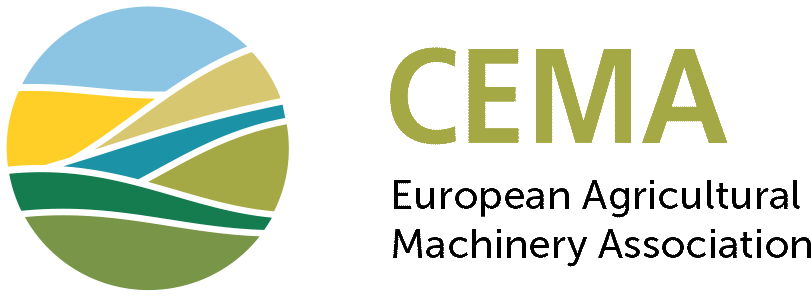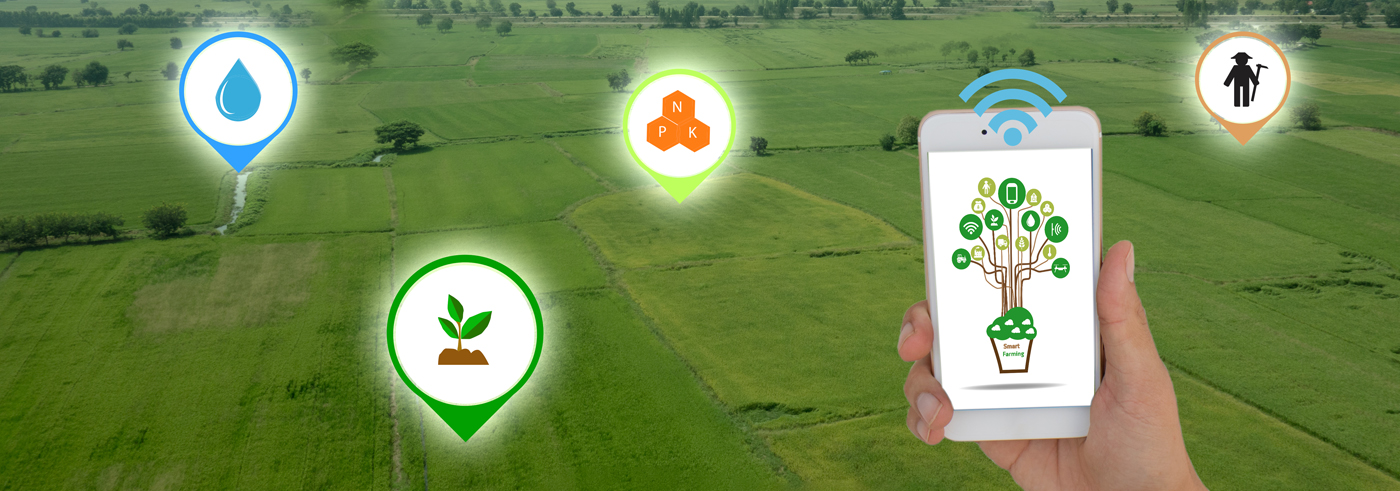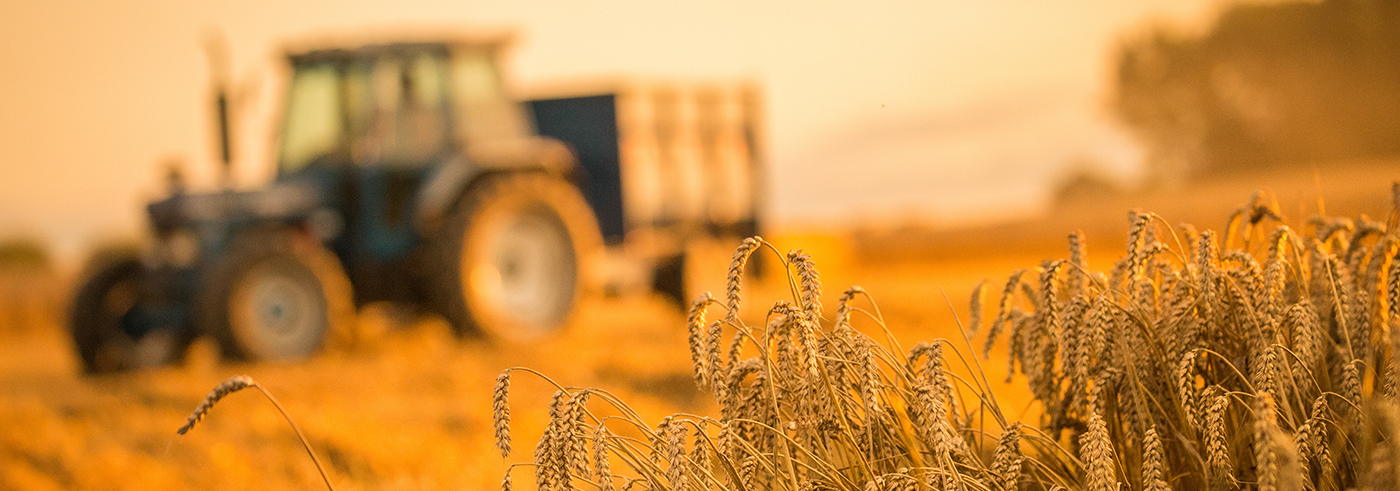Introduction
CEMA, the European Agricultural Machinery Association, welcomes the European Commission’s Vision for Agriculture and Food as a major step towards ensuring a competitive, resilient and sustainable agri-food sector in the EU. The Vision identifies the challenges facing European agriculture, from economic pressures on farmers to environmental sustainability concerns, while emphasizing the sector's strategic importance for Europe’s economy.
Embracing innovation, technology and research
Agriculture is recognized as a strategic pillar of the European economy, playing a vital role in climate change mitigation, food security, and economic resilience. Yet, realising these ambitions requires a forward-thinking approach that not only addresses the current challenges but also leverages the transformative potential of innovation and technology. Research and development are key drivers of this transformation, and fostering a robust research and innovation ecosystem is essential in bridging the gap between scientific advancements and practical farm applications.
A key priority of the Vision is making farming a more attractive profession again, ensuring fair living standards for farmers and nurturing a competitive and resilient agricultural sector. While farmers are rightfully acknowledged as primary drivers of this transformation, they need to be supported with the right tools and technologies.
The role of agricultural machinery
The agricultural machinery industry contributes directly to this vision by providing advanced machinery solutions that increase productivity while minimising environmental impact. For example, precision agriculture technologies, allow a more targeted use of inputs, reducing waste and optimising yields. In addition, automation and digital tools help reduce manual labour, improve resource efficiency, and support long-term environmental objectives. These innovations in machinery are driven by farmers' growing demands for efficiency, ease of operation, and long-term reliability.
While the Vision recognises the need for a competitive and resilient agricultural sector, its successful implementation requires a stronger emphasis on the transformative role of mechanisation and automation. The modernisation of European agriculture depends on the widespread adoption of cutting-edge technologies that can attract a new generation of farmers, enhancing both sustainability and productivity.
Generational renewal and digitalisation
Generational renewal remains one of the sector’s most pressing challenges, and technology can be a real game-changer. Advances in precision farming, robotics, and AI-powered decision-making tools not only improve operational efficiency but also make farming a more attractive and accessible profession, for men and women alike. By reducing physical labour demands through mechanisation and automation, the sector can appeal to a broader, more diverse workforce—helping to address labour shortages while improving economic viability and sustainability.
The Vision highlights digitalisation as a key driver of the future of European farming. However, to fully unlock its potential, the EU must ensure an innovation-friendly regulatory environment that removes barriers to smart farming technologies. To put this in place, the EU should implement a harmonised approach to agricultural data sharing, preventing market fragmentation, ensuring interoperability between digital platforms and farm management systems, and incentivizing the adoption of precision farming tools. Regulation should support, rather than restrict, the deployment of digital and automated solutions in agriculture, securing the sector’s long-term competitiveness and sustainability.
Conclusion
CEMA stands ready to collaborate with policymakers, farmers, and industry stakeholders to ensure that European agriculture remains competitive, resilient, and future proof. By integrating innovation and technology into its agricultural strategy, the EU can equip farmers with the necessary tools to navigate current and future challenges. A stronger emphasis on mechanisation, digitalisation, and automation will not only help farmers achieve sustainability goals but also secure the long-term viability of European agriculture.
By reinforcing the links between technology adoption, sustainability, and competitiveness, the EU Vision for Agriculture and Food can deliver a truly modern and forward-looking agricultural sector.








